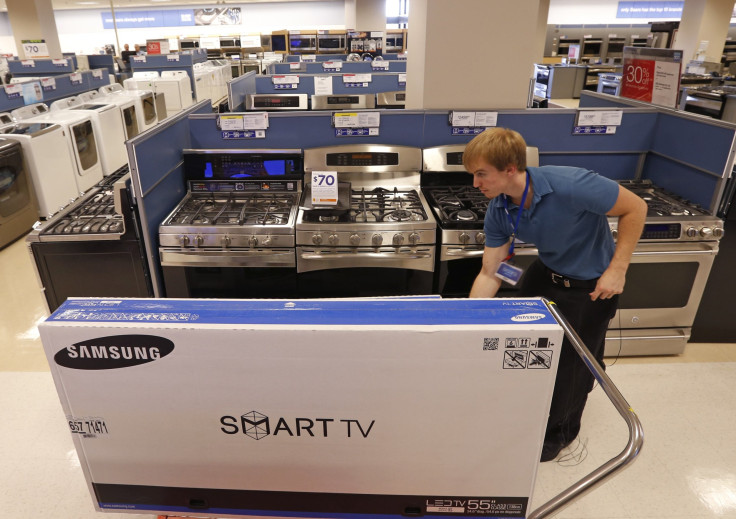Illinois Supreme Court Throws Out ‘Amazon Tax,’ Saying It’s Unconstitutional

The Supreme Court in Illinois on Friday upheld a lower court’s decision invalidating a state law that levied sales tax on goods sold over the Internet, saying the so-called Amazon tax was unconstitutional.
The ruling cast a spotlight on the national debate on whether additional charges should be collected for online transactions to create a level playing field between Internet retailers and their traditional counterparts; it marked the first time a court has dismissed an Internet sales-tax law in one of the 18 states that have enacted them.
People who live in Illinois were required to pay sales tax on their Internet purchases from out-of-state retailers, either during the checkout or when they file their state income-tax returns; without the tax, online purchases were often cheaper compared to prices at store-based retailers, according to the Chicago Tribune. But the court said the state’s Main Street Fairness Act adopted in 2011 violated a federal law, which prohibits levying discriminatory taxes on “electronic commerce.”
In an effort to avoid collecting Internet sales tax from consumers, several online retailers, including Amazon, had stopped doing business with its affiliates in Illinois, while Illinois-based Internet companies moved to Indiana and Wisconsin to continue to do business with Amazon and similar online retailing giants, according to the Tribune.
However, Illinois residents would continue to have to pay 6.25 percent sales tax, regardless of how an item is purchased, and if an online retailer does not collect it online, people are required to add the sales tax while filing their income-tax return.
“Brick-and-mortar businesses, which pay property taxes, and income taxes, and are hiring people, are at a significant competitive disadvantage with their remote-selling counterparts,” David Vite of the Illinois Retail Merchants Association told Associated Press, about the ruling. “It's time for the federal government to clarify and finish putting retailers, who are making payroll and putting people to work, on equal footing.”
© Copyright IBTimes 2024. All rights reserved.












